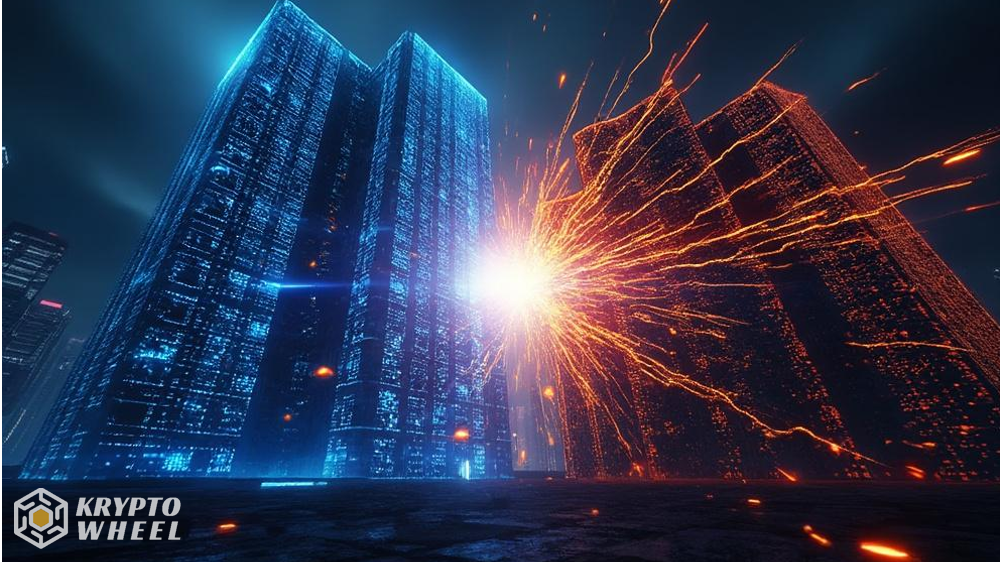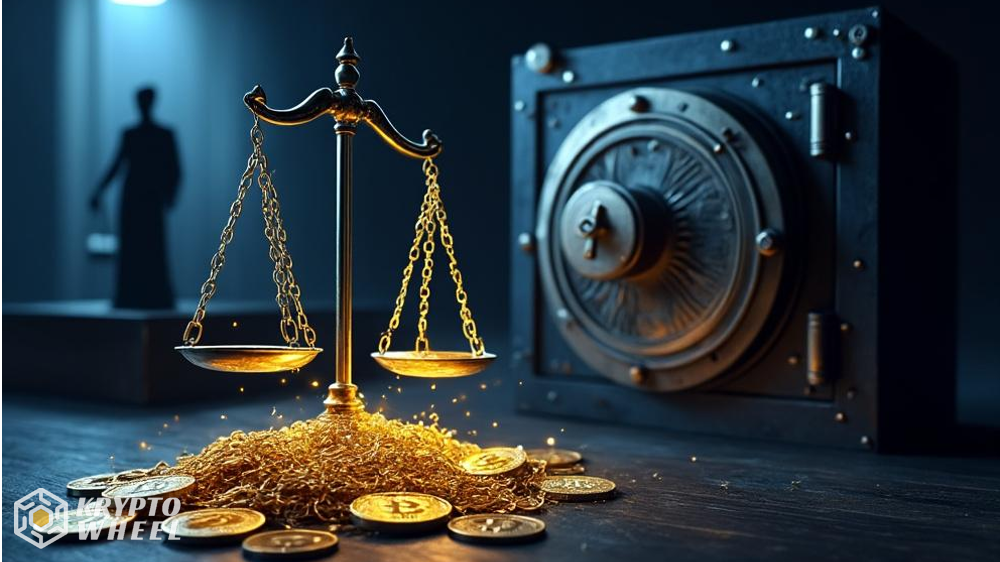So here’s a case that’s raising some interesting questions about digital privacy and what our online searches really mean. Two brothers from MIT, Anton and James Peraire-Bueno, are accused of stealing $25 million in cryptocurrency. But the legal fight right now isn’t just about the alleged theft—it’s about their Google search history.
Prosecutors want to use searches like “top crypto lawyers” and “wire fraud statute of limitations” as evidence of guilt. The brothers are pushing back hard, saying those searches happened while they were talking to attorneys. They argue it’s unfair, even prejudicial, to use that against them.
What Exactly Happened?
According to authorities, the brothers used their technical know-how to exploit a feature in the Ethereum blockchain back in April 2023. They allegedly intercepted pending transactions and made off with $25 million in seconds. They were arrested over a year later, in May 2024, and now face serious charges including conspiracy and money laundering.
But almost immediately after the incident, things got messy. The brothers say they were threatened online by so-called “sandwich attackers” demanding the money back. That’s when, court records show, they started looking for legal help.
The Problem With Search History
Their defense team provided logs showing that Google searches lined up exactly with calls and emails to lawyers. A search for “top crypto lawyers,” for example, happened the same day they were reaching out to attorneys.
The brothers argue that without context, a search history doesn’t prove anything. It might just show someone who’s scared and looking for legal advice—not someone admitting guilt.
Even Alex Chandra, a lawyer with IGNOS Law Alliance, seems to agree. He told Decrypt that Google searches are “context-dependent.” A search alone isn’t automatic proof. It needs other evidence to back it up.
He also pointed out that searches done after the fact are weaker than those before. Pre-crime searches might show planning. Post-crime? Could just be panic.
What’s Next
Now it’s up to the judge, Jessica G.L. Clarke, to decide if those searches can be used in court. It’s a tricky one. The outcome might set some kind of precedent for how digital behavior is interpreted in legal battles.
The brothers also want to keep out news articles and social media posts, calling them hearsay. They particularly objected to a Twitter screenshot from an anonymous researcher, which prosecutors say shows a “false signature.”
If convicted, each brother could face decades in prison. So the stakes are high. Really high. And maybe that’s why they Googled what they did. Or maybe not. I guess that’s what the court has to figure out.










